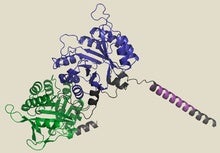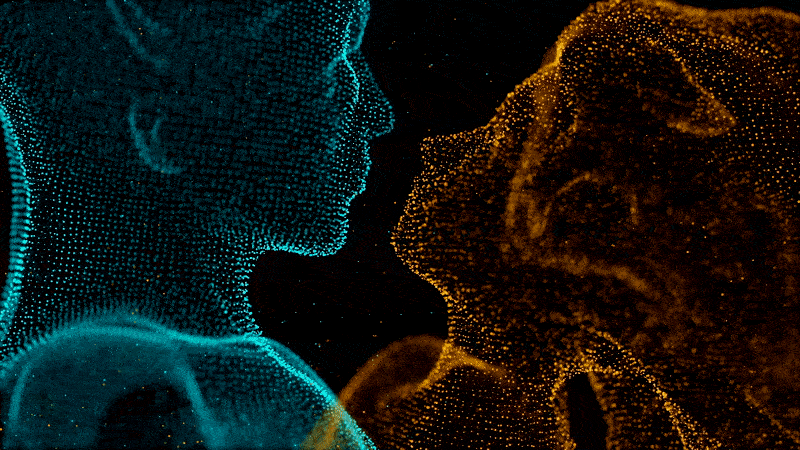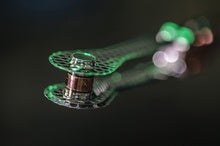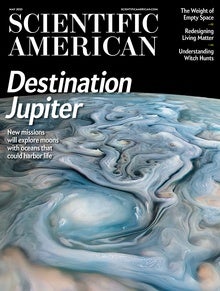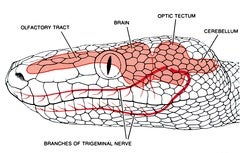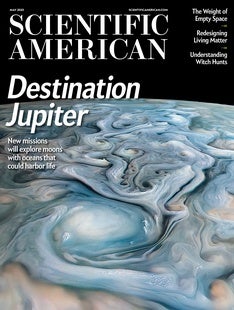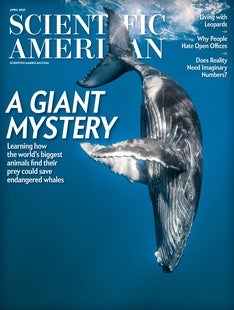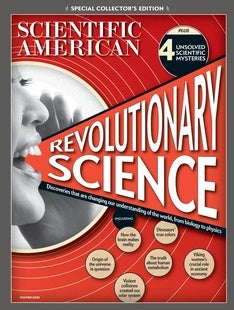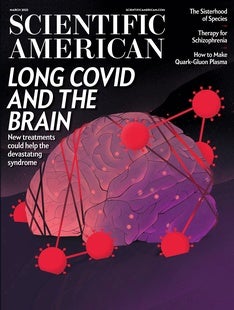 |
| May 02, 2023 |
A functional magnetic resonance imaging (fMRI) machine can record the brain in action, but these images don't tell the observer much about the thoughts that are causing that activity. An AI, on the other hand, can detect patterns that humans do not. In a new study, researchers trained an AI language model to "translate" fMRI images in order to reveal the stories that the brain's owner was listening to, or imagining telling, while in the scanner. Read more below! |
| | Sophie Bushwick, Associate Editor, Technology | |
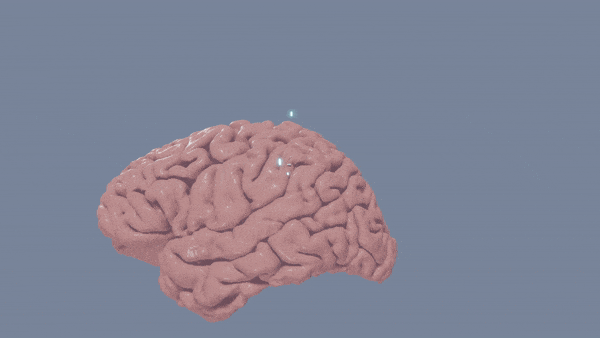 |
| |
| |
| |
| |
| |
| |
| |
| |
| |
| |
FROM THE STORE
 | | | |
| QUOTE OF THE DAY
 "This emotional investment that we're making in our technologies also is a vulnerability, and it's a vulnerability that we have to be aware of and that we have to be ready to confront so that we are adequately protecting ourselves as we engage with these technologies." David Gunkel, Science Friday | |
FROM THE ARCHIVE
 | | | |
LATEST ISSUES
 |
| |
| Questions? Comments?  | |
| Download the Scientific American App |
| |
| |





